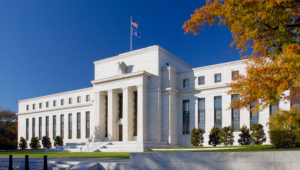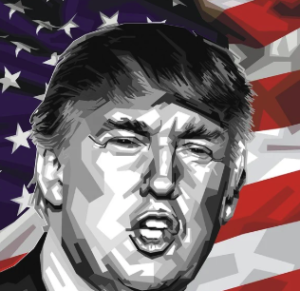#Russia #China #Stablecoins #CrossBorderPayments #Cryptocurrency #Sanctions #USDT #GlobalTrade
In a trailblazing shift within the financial world, Russian commodity firms have started leveraging fiat-pegged digital currencies, specifically Tether Holdings Ltd.’s stablecoin USDT, to conduct cross-border transactions with their Chinese counterparts. This Bloomberg-reported trend underscores the burgeoning appeal of stablecoins amid a backdrop of escalating sanctions from the US Treasury Department against companies in both China and Russia. The sanctions, catalyzed by a gamut of geopolitical tensions including the US-China trade wars and the conflict in Eastern Europe, have propelled entities towards more nimble, less sanction-susceptible means of settlement, routing these transactions through Hong Kong.
The utilization of stablecoins by Russian firms trading in diverse commodities like base metals and timber not only circumvents traditional banking channels, which have been heavily impacted by the Russian exclusion from the SWIFT messaging system following the invasion of Ukraine, but also offers a hedge against the risk of frozen overseas bank accounts. Beyond the immediate utility in sidestepping these financial blockades, the embrace of stablecoins reflects a larger trend of adaptation by the sanctioned Russian economy. Businesses, including those not directly targeted by sanctions, have recognized the safety and efficiency stablecoins offer compared to conventional Western financial systems. Ivan Kozlov, co-founder of Resolve Labs, highlights the efficiency and cost-effectiveness of stablecoin transactions, noting their particular value in regions grappling with dollar liquidity and capital control issues.
The broader implications of this pivot towards stablecoins are significant. Not only does it signal a possible shift in the global economic order, but it also suggests that Western sanctions may not have the devastating impact on the Russian economy that was perhaps anticipated. Even the Russian Central Bank has begun to explore the use of cryptocurrencies for international transactions, a move echoed by other sanctioned nations like Venezuela. Despite skepticism from figures like Neel Kashkari, president of the Federal Reserve Bank of Minneapolis, who questions the utility of cryptocurrencies like Bitcoin in the economy, the practical adoption of stablecoins in international trade by Russia, Venezuela, and potentially other nations underscores a growing recognition of their value across the global stage.







Comments are closed.